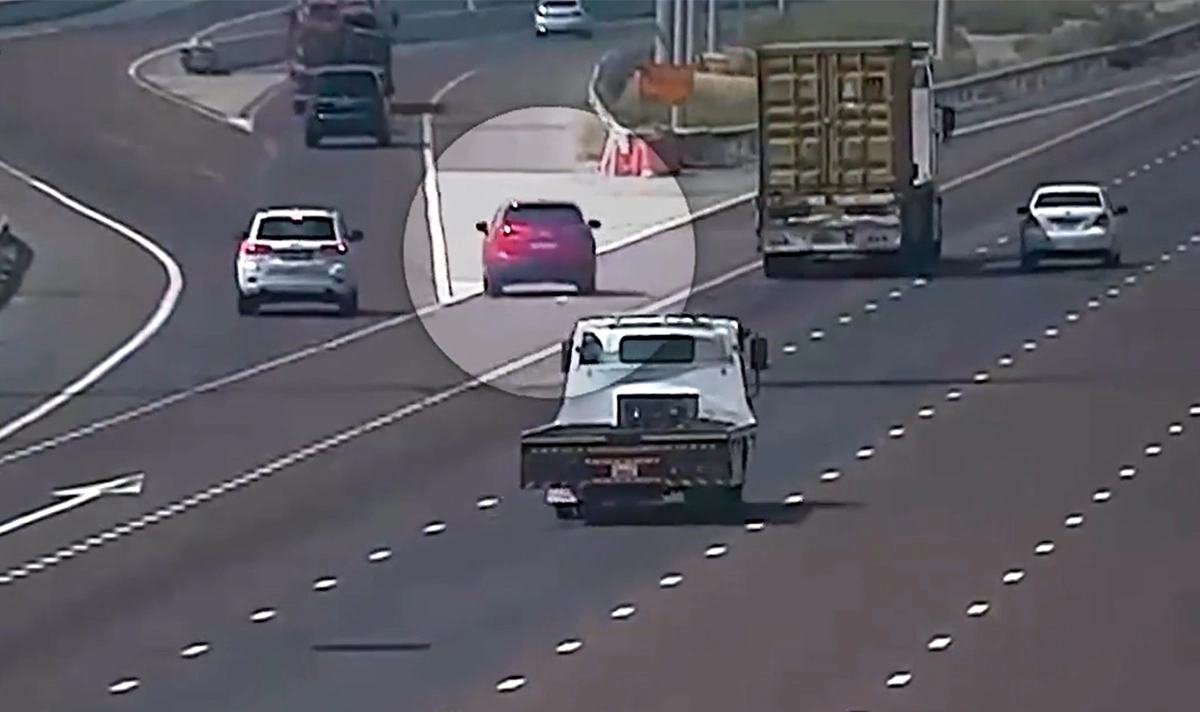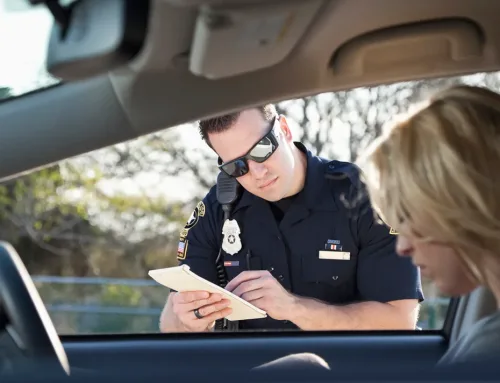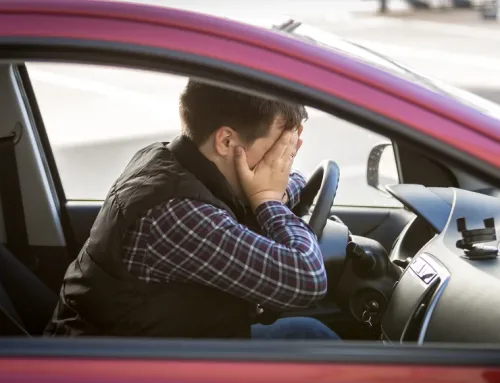Navigating Ontario’s roadways involves more than just the ability to drive; it necessitates an understanding of the complex legal landscape that governs vehicular operation. Laws are in place to ensure public safety and minimize accidents, but infractions can and do happen. Understanding the types of traffic tickets that might be issued in the event of an accident or violation is crucial. This knowledge is not only key to promoting safer driving practices but also vital when considering the implications of accepting charges without challenge.
Types of Traffic Tickets
In Ontario, the spectrum of traffic tickets reflects the diverse range of violations that can occur on the road. Each type of ticket carries specific penalties, and understanding these can be the first step toward mitigation.
Speeding or Stunt Driving
Speeding is among the most common driving tickets, with penalties escalating based on the speed over the legal limit. Stunt driving, on the other hand, is treated with heightened seriousness due to its blatant disregard for safety, involving actions such as racing or performing dangerous maneuvers on public roads.
- Speeding Tickets: These are tiered based on the rate of speed above the limit. The higher the speed, the more severe the penalties, including fines and demerit points.
- Stunt Driving: Considered a major violation, this includes activities that endanger life and property, leading to significant fines, vehicle impoundment, and potential jail time.
Distracted Driving
The advent of mobile technology has seen a rise in distracted driving incidents. Ontario law strictly penalizes the use of hand-held devices while driving, with consequences that underscore the serious risks associated with this behavior.
Driving Without a Valid Driver’s License
This category includes driving without ever having been licensed, with an expired license, or following suspension. Each scenario is met with strict penalties, reflecting the importance of proper licensing in ensuring driver competency.
Leaving the Scene of an Accident
Failing to remain at the scene, especially when there are injuries or significant damage, not only has legal consequences but also moral implications. The law requires the exchange of information and, if necessary, providing aid to those injured.
Careless Driving
This broad charge can encompass a range of behaviors deemed reckless or negligent. It’s a serious allegation that can lead to substantial fines, demerit points, and even suspension of one’s driver’s license, depending on the severity of the incident.
Driving with no Insurance
Mandatory insurance laws ensure that all drivers can cover damages or injuries in the event of an accident. Driving without insurance is a serious offence, carrying heavy fines and the potential for vehicle impoundment.
Running a Red Light or Stop Sign
Such violations are clear indications of disregard for traffic laws and the safety of others. Penalties include fines and demerit points, reflecting the danger posed by these actions.
Penalties for Hit-and-Run Offenses
Leaving the scene of an accident, particularly when there are injuries involved, is met with severe legal repercussions. These can range from fines and demerit points to imprisonment, depending on the circumstances and severity of the offence.
The Importance of Disputing Traffic Tickets
Every traffic ticket or charge presents an opportunity for dispute, and there are several compelling reasons to consider fighting every ticket:
- Accuracy of Charges: Mistakes can happen. The details of the incident as recorded by the issuing officer might be inaccurate or misinterpreted.
- Mitigating Circumstances: There may be valid reasons for the alleged offence, such as emergency situations, that could lead to a dismissal or reduction of charges.
- Legal Technicalities: The law is complex, and there may be procedural errors or other legal grounds that could invalidate the ticket.
- Impact on Driving Record: Accumulating tickets can lead to increased insurance rates, demerit points, and even the suspension of your driver’s license.
How to Dispute a Fine
The process of disputing a traffic ticket in Ontario requires a strategic approach:
- Notice of Intention to Appear: This is the first step, indicating your plan to contest the charge in court.
- Preparation: Gather evidence, document your version of events, and consider any legal precedents that may support your case.
- Seek Professional Assistance: Navigating the legal system can be challenging. Professional legal representation can significantly increase your chances of a favorable outcome.
Assessing Your Chances of Success
The success of a dispute depends on the specifics of the case, the evidence available, and the skill with which your defense is presented. A professional assessment can provide a realistic outlook on the potential outcomes of contesting a charge.
Conclusion
The decision to dispute a traffic ticket goes beyond avoiding fines—it’s about ensuring fairness and protecting your driving privileges. Facing charges without challenge can lead to increased insurance costs, demerit points, and even the loss of driving rights, affecting both personal and professional life. It’s crucial, then, to see disputing a ticket not just as contesting a penalty but as an exercise of one’s legal rights under the guidance of the justice system. The process offers a chance to present your case, potentially leading to reduced or dismissed charges, especially with the help of professional legal representation.
Navigating the complexities of traffic law and court procedures demands expertise and strategic planning. A seasoned legal professional can significantly influence the outcome, offering advice, preparing a defense, and advocating on your behalf. This level of support is invaluable in setting realistic expectations, ensuring your story is heard, and working towards a favorable resolution. Traffic Paralegal Services provides this expert guidance, helping you to navigate the legal landscape with confidence and achieve the best possible outcome in disputing traffic charges.









Leave A Comment
You must be logged in to post a comment.